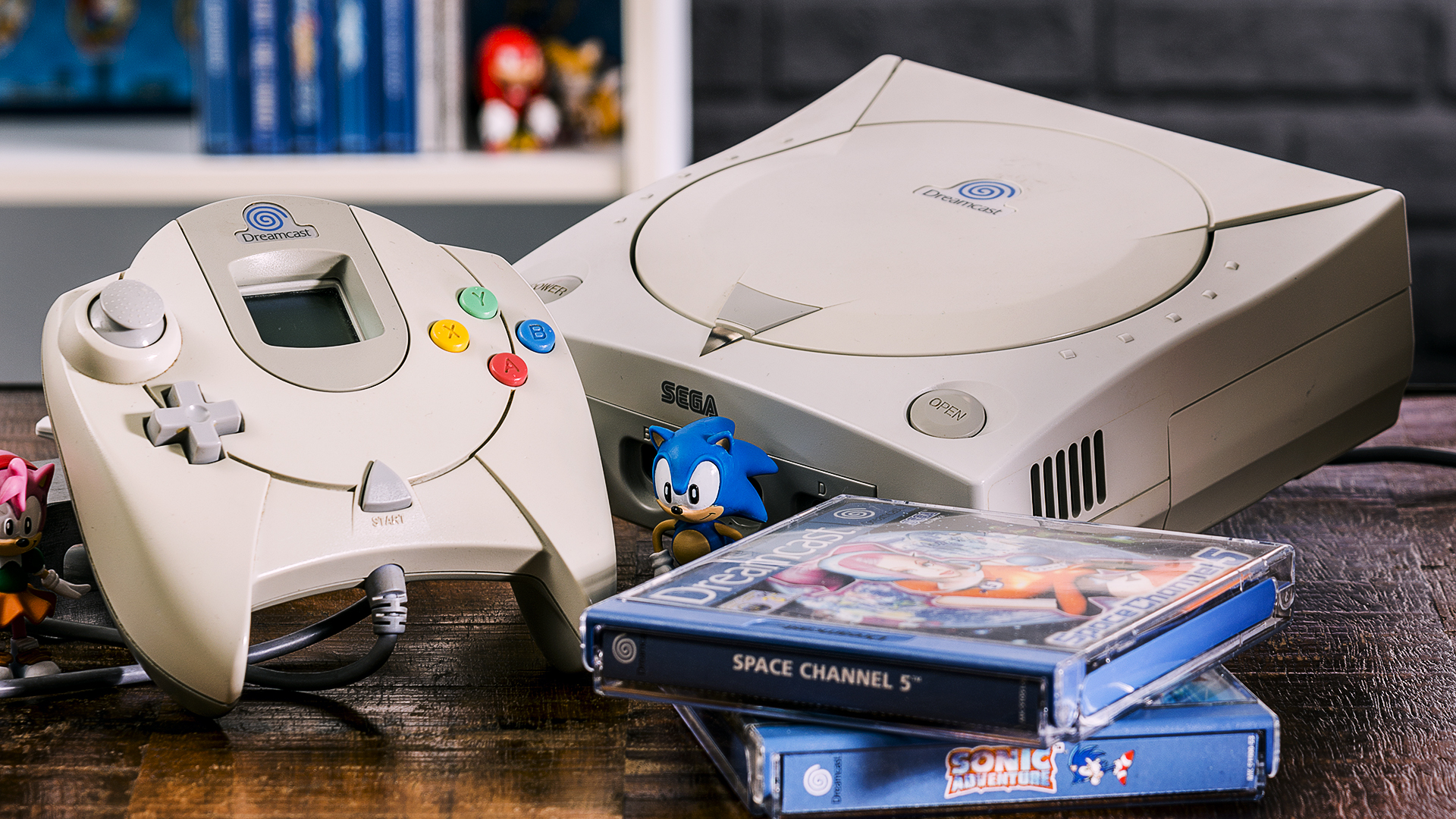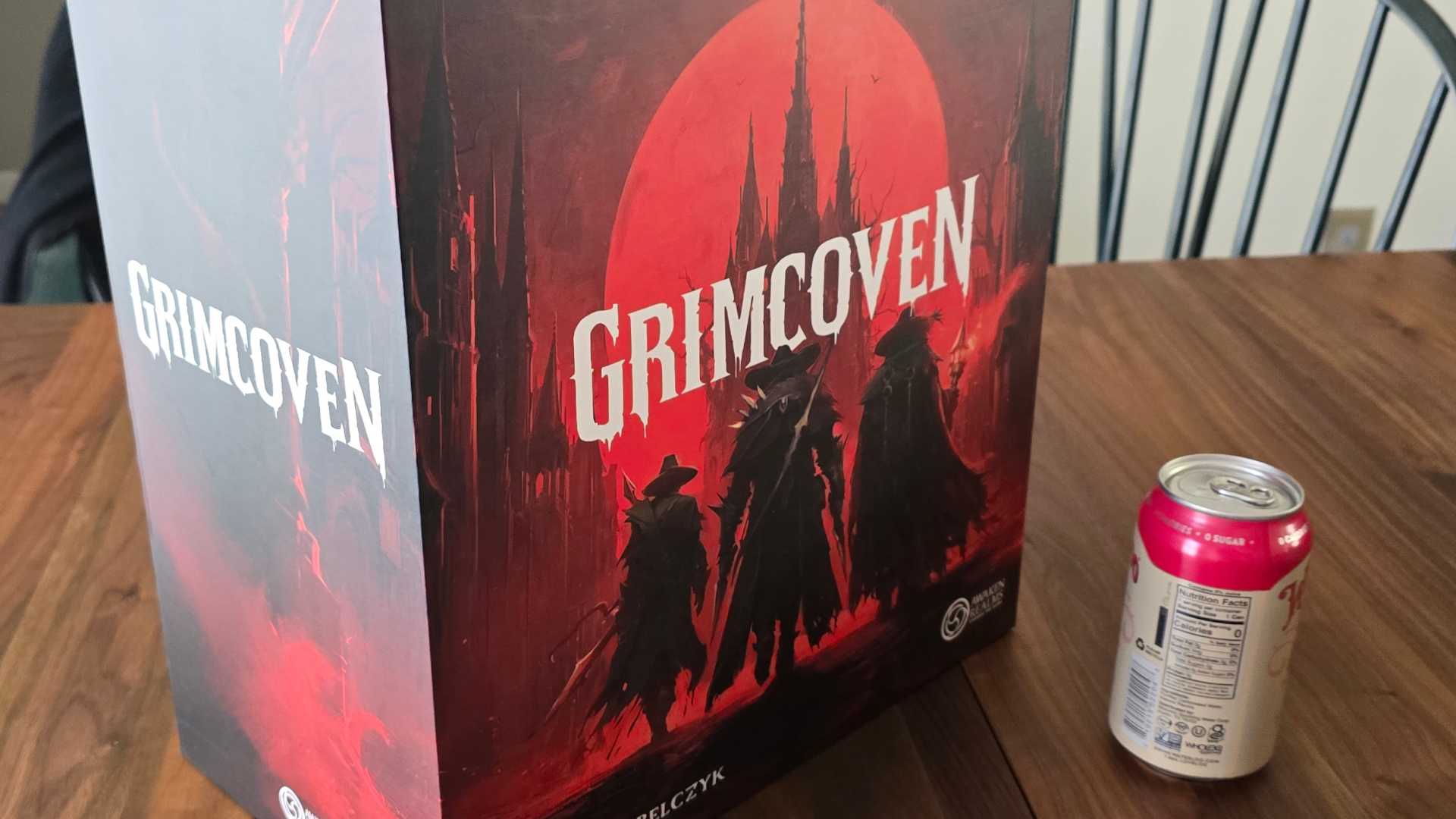Former Sega of America boss says leaving the console market was "traumatic" and "difficult": "We were in the eye of the storm of the PlayStation 2"
"This was not a very easy and smooth transition for a company that built its business on hardware"

Weekly digests, tales from the communities you love, and more
You are now subscribed
Your newsletter sign-up was successful
Want to add more newsletters?

Every Friday
GamesRadar+
Your weekly update on everything you could ever want to know about the games you already love, games we know you're going to love in the near future, and tales from the communities that surround them.

Every Thursday
GTA 6 O'clock
Our special GTA 6 newsletter, with breaking news, insider info, and rumor analysis from the award-winning GTA 6 O'clock experts.

Every Friday
Knowledge
From the creators of Edge: A weekly videogame industry newsletter with analysis from expert writers, guidance from professionals, and insight into what's on the horizon.

Every Thursday
The Setup
Hardware nerds unite, sign up to our free tech newsletter for a weekly digest of the hottest new tech, the latest gadgets on the test bench, and much more.

Every Wednesday
Switch 2 Spotlight
Sign up to our new Switch 2 newsletter, where we bring you the latest talking points on Nintendo's new console each week, bring you up to date on the news, and recommend what games to play.

Every Saturday
The Watchlist
Subscribe for a weekly digest of the movie and TV news that matters, direct to your inbox. From first-look trailers, interviews, reviews and explainers, we've got you covered.

Once a month
SFX
Get sneak previews, exclusive competitions and details of special events each month!
Former EA Sports, Xbox, and Sega exec Peter Moore has recalled the Dreamcast's dying days and how difficult it was to get the company out of the hardware market.
While Xbox effectively took its place in the market, it was a huge deal when Sega decided to call it quits on console hardware after the back-to-back sales disappointments of the Saturn and the Dreamcast. And while Sega may have been able to hold its own against the GameCube or Xbox (although it would likely still have been fourth place), the absolute monolithic beast that was the PS2 was not going to be stopped by anyone.
This is a sentiment held by former Sega of America boss (turned Xbox and EA Sports boss) Peter Moore, who said in an interview with Eurogamer: "The Dreamcast got off to a tremendous start and really blazed the trail for online gaming.... But in the teeth of the launch of PlayStation 2, and everything Sony could do financially that Sega couldn't do, it became very difficult."
Moore continued, "We were in the eye of the storm of the PlayStation 2 launch, so unfortunately, we had to get out of the hardware business and move to be a third-party software business."
But abandoning the console market isn't as simple as stopping production on consoles and making games for Nintendo, as Moore explains, "This was not a very easy and smooth transition for a company that built its business on hardware in the arcades, and obviously the Genesis and the Sega Saturn and, of course, the Dreamcast. So it was traumatic. It was difficult."
Sega did take to things pretty quickly, establishing relationships with each of the console makers, with the likes of Super Monkey Ball and Jet Set Radio Future being launch titles for the GameCube and Xbox. Moore explains that his job during that time was "to start to move the company, build relationships with our former foes, and start to figure out how we could be - which they are, still to this day - an effective, powerful, maybe profitable, third-party publisher."
According to Moore, Microsoft "came a little bit to our rescue" and "enjoyed having Sega in the industry," with the relationship stemming from the Dreamcast running on a Windows OS, which would later lead to Moore taking a role at Xbox, where he would famously get a Halo 2 tattoo.
Weekly digests, tales from the communities you love, and more

Scott has been freelancing for over three years across a number of different gaming publications, first appearing on GamesRadar+ in 2024. He has also written for the likes of PC Gamer, Eurogamer, VG247, Play, TechRadar, and others. He's typically rambling about Metal Gear Solid, God Hand, or any other PS2-era titles that rarely (if ever) get sequels.
You must confirm your public display name before commenting
Please logout and then login again, you will then be prompted to enter your display name.


